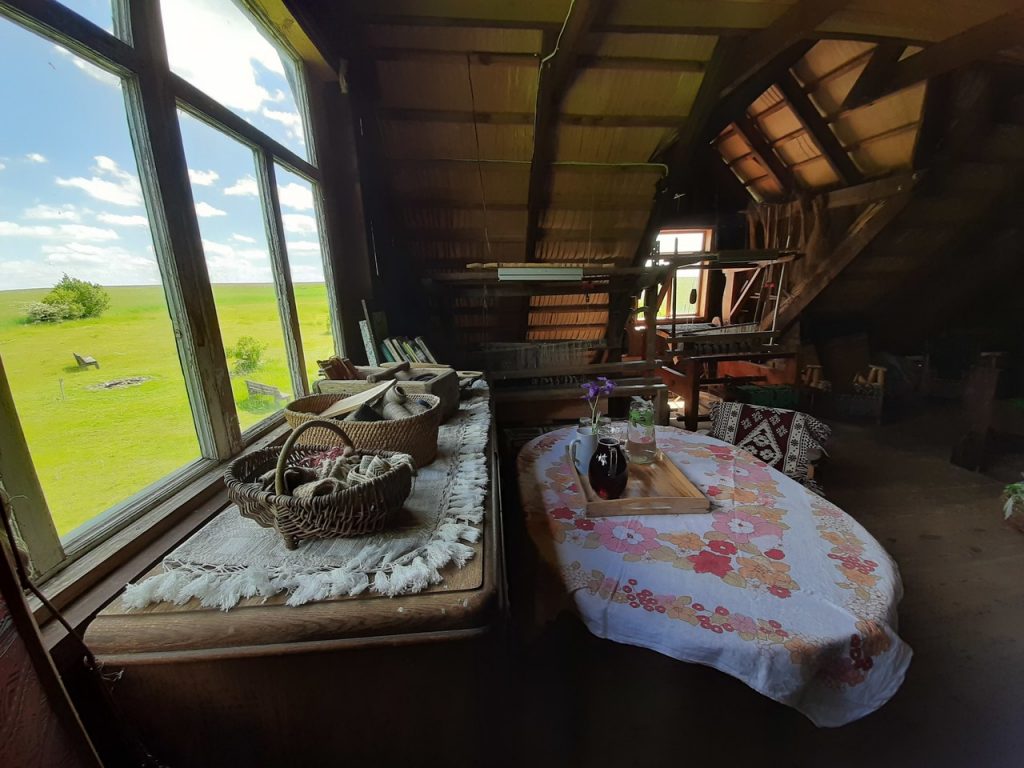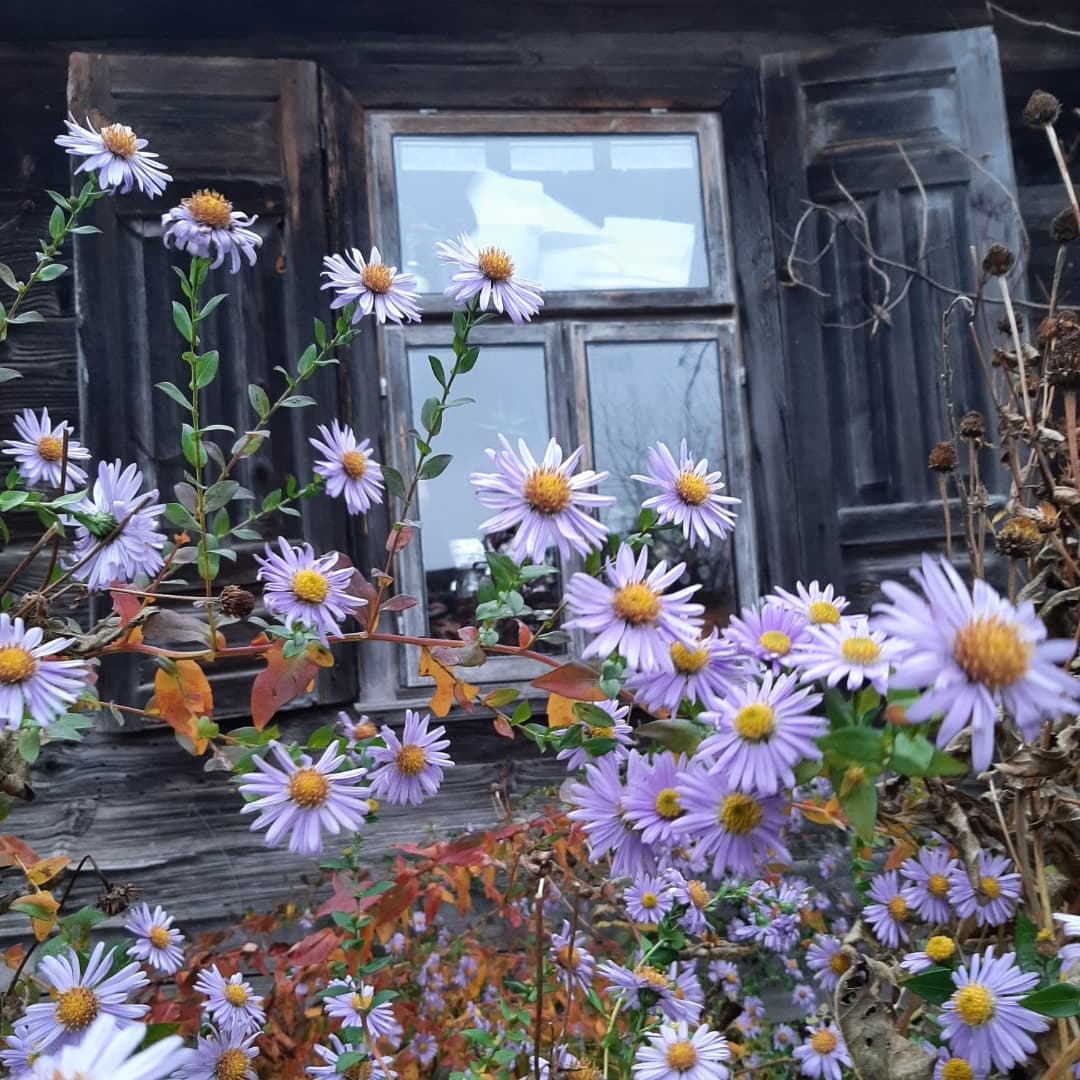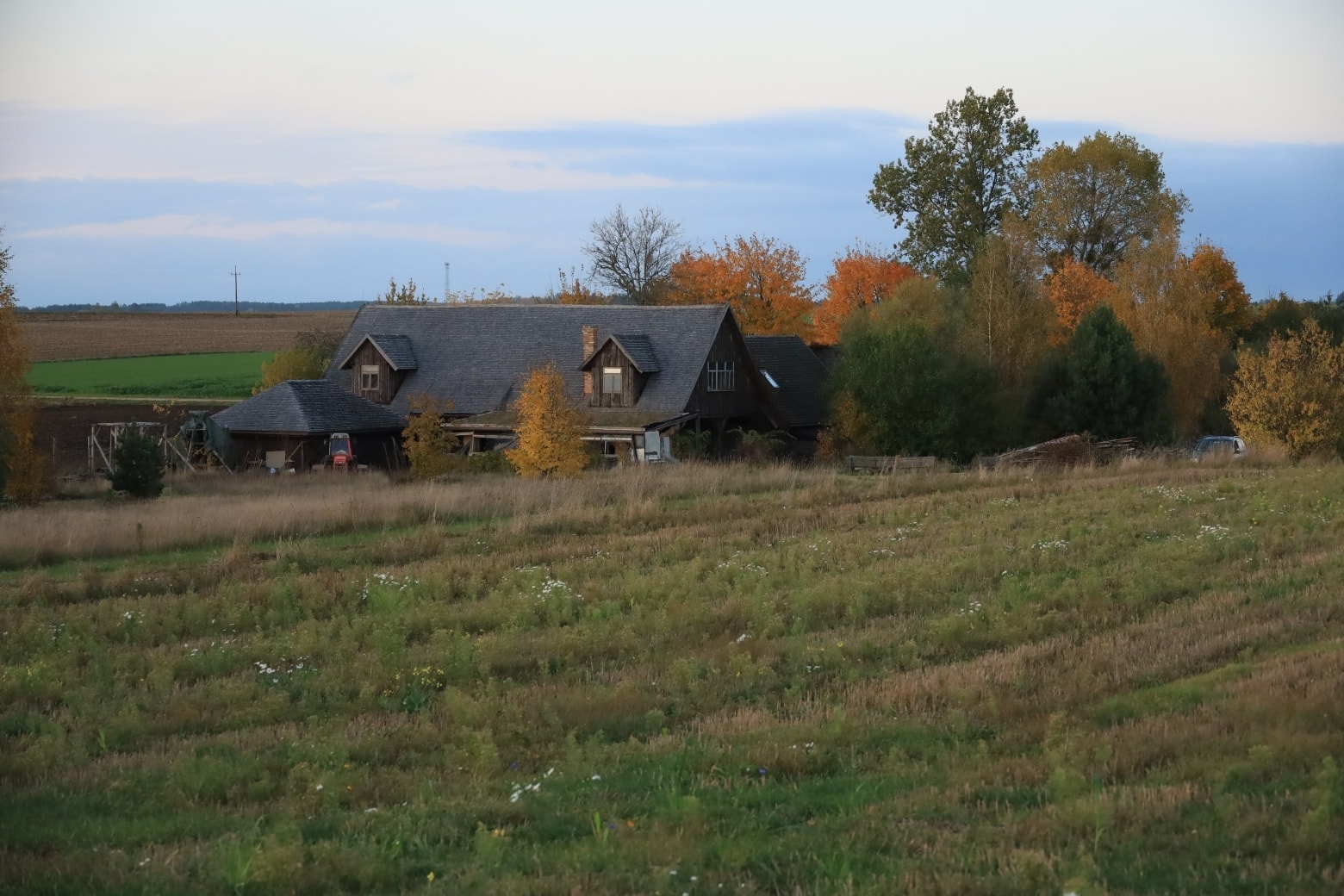EURECA
Good Practices



 Pictures:
Pictures:„Na Karczaku” agrotourism photos.
Photos with permission of owners of „Na Karczaku” agrotourism.
Agro-tourism, eco-tourism, eco-museums
Country:Main Subject:
Description:
Agrotourism, ecotourism, living museums, and eco-museums are familiar terms for those seeking a nature-centric getaway that minimizes ecological impact. This ethos is echoed by the owners of "Na Karczaku" ecotourism site, nestled in the Biebrza River valley, the EU's largest wetland and Poland's largest national park. They express their commitment to ecological consciousness and conservation in their approach:
"We understand the environmental footprint of tourism and strive, with your cooperation, to mitigate negative impacts and enhance positive ones at 'Na Karczaku' agritourism farm and Ekomuseum, as well as along the Biebrza trails. Our farm and activities prioritize doing no harm, conserving, and nurturing biodiversity, natural heritage, traditions, and positive human relations. We aim to cultivate environmental sensitivity in our guests, promote eco-friendly lifestyles, regional heritage, responsible consumption, and align actions with personal beliefs."
These sentiments encapsulate the essence of ecotourism, which supplements rural incomes while safeguarding the environment and local culture. Beyond nature-based relaxation, ecotourism entails a range of engaging activities:
Ecotourism is not only relaxation in nature, but also activities such as:
- workshops for learning to weave on looms,
- production of natural cosmetics using local herbs,
- meetings with herbs and herbal medicine,
- workshops of local crafts and handicrafts,
- workshops on building houses ("hotels") for beneficial insects,
- meetings with ecological lifestyle and natural gardening,
- making and possibility to buy local products,
- observation of ordinary life in the countryside.
In Poland, agrotourism thrives as a diverse form of recreation, drawing tourists locally and internationally. With its scenic landscapes, rural customs, and rich natural and cultural tapestry, Poland has emerged as an ideal destination for ecotourism enthusiasts.
Polish agritourism offers a spectrum of experiences, from mountain farms to coastal, riverside, lakeside, and woodland settings, catering to those seeking tranquility and nature immersion, as well as enthusiasts of active leisure pursuits.
Notably, agritourism in Poland is increasingly popular among international visitors seeking authentic experiences away from bustling tourist hubs, contributing to rural development and bolstering the local economy.
Reference links:
https://guides.loc.gov/tourism-and-travel/ecotourism
https://www.lodgify.com/encyclopedia/agri-ecotourism/
SDG direct/ indirect short justification:
Direct SGDs:
Goal 8 Decent work and economic growth.
Promote sustained, inclusive and sustainable economic growth, full and productive employment and decent work for all.
Justification:
Agro-tourism, eco-tourism and eco-museums are ways to be environmentally friendly, additional income for rural residents. These generate new jobs and promote a “green” way of life.
The activity meets Target 8.9. By 2030, devise and implement policies to promote sustainable tourism that creates jobs and promotes local culture and products.
Keywords:
City:
Location:
Questions:
- What distinguishes agrotourism from ecotourism, and what sets them apart?
- How does agrotourism contribute to the local economy?
- What are some supplementary offerings provided by agritourism?
Authors:
Piotr Znaniecki
Fundacja SocLab




